Five Free Messaging Apps You Haven’t Heard Of … Yet
On Wednesday, Facebook Inc. (NASDAQ:FB) made a $19 billion bet on free mobile messaging platform WhatsApp. With 450 million users, WhatsApp is already quite popular, but competitors from Asia, Africa and even Canada are also showing some serious potential.
Here are five other apps sweeping markets worldwide that aren’t as familiar to North American customers -- at least not yet.
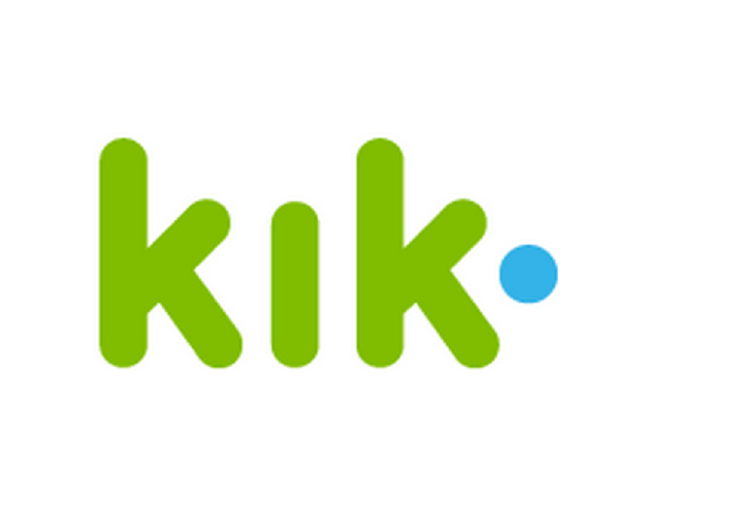
Kik
Founded by a team of students from the University of Waterloo in Canada, Kik launched in 2010 and had more than a million users in less than a week, according to IntoMobile.
“We’re now in the age of the mobile messenger,” said Kik founder and CEO Ted Livingston to TechCrunch.
“Now for the fun part: What comes after chat? What does identity mean for mobile? How do you build the best platform? These are questions Kik has been thinking about for four years,” Livingston added.
The personal mobile messenger now has more than 100 million users around the world. It recently announced a built-in browser function, which allows users to instantly share Web pages along with text and images.
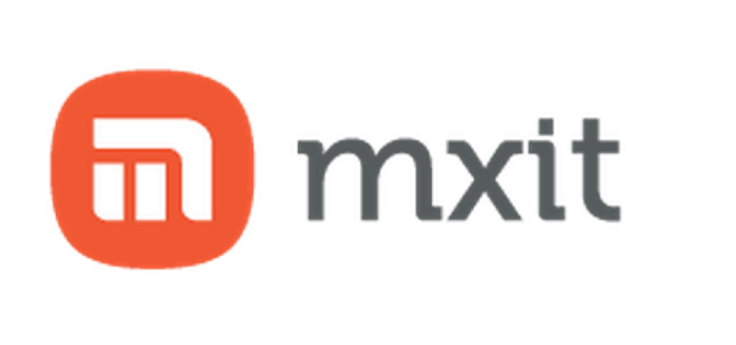
Mxit
This up-and-coming app comes from South Africa, and is making a name for itself in a very specific type of market.
Like other apps, it works with IOS or Android phone, but Mxit users can also send free messages and media using ordinary feature phones. It’s proven useful in emerging countries where the majority of people don’t have 3G or 4G phones and aren’t able to access other free chat apps.
Though it has less than 10 million users, Mxit started operations in India last month and is looking to expand further in the future.
“Expanding our emerging market footprint enables us to bring out innovative technology to the masses, making the ‘smartphone’ experience affordable to every consumer, regardless of the device they use,” said the company’s chief executive officer, Francois Swart to International Business Times.
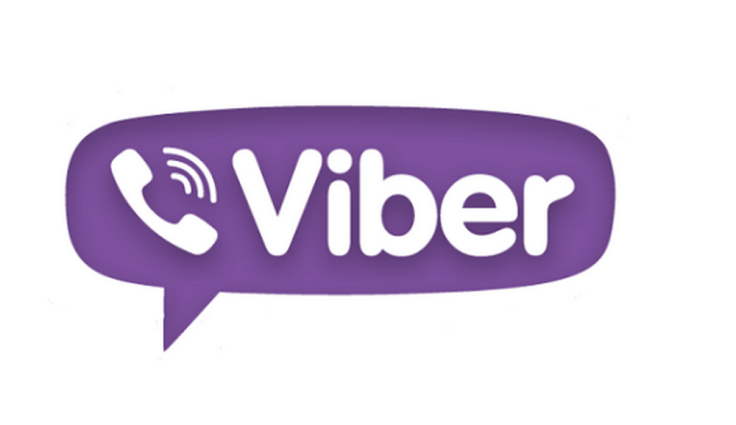
Viber
This messaging app has more than 100 million active monthy users, according to Variety.
Like its competitors, Viber works with 3G or wifi networks, allowing users to exchanges text, images, video and audio messages, but it also allows users to sync the service to any device. If a phone battery runs out, a conversation can be continued via desktop, for example.
Last week Japanese home-shopping company Rakuten paid $900 million for this Cyprus-based app.
“In some smaller emerging markets, it was very difficult for Rakuten to go in because of the lack of scale or distribution infrastructure. But after the acquisition of Viber we can now go into those market with our digital businesses,” said Japanese billionaire Hiroshi Mikitani, who owns Raukten, to The Times of India.
The company hopes to use the Viber network with other online services used by more than 200 million customers.
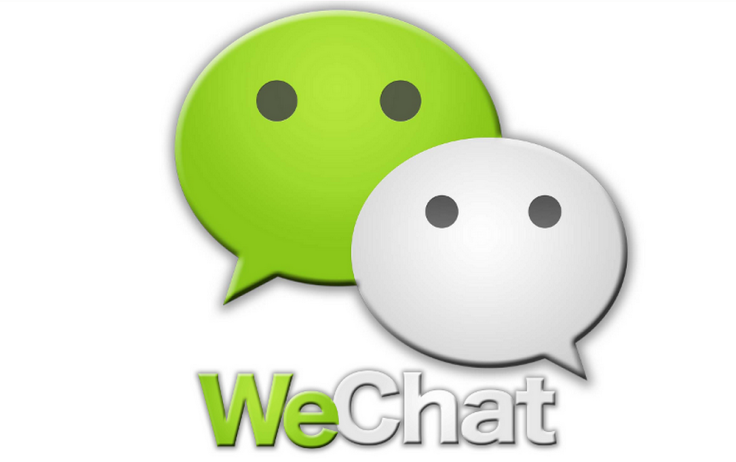
The second-most popular app globally has more than 300 users -- the majority of which are in China, where Facebook is technically outlawed.
Its services are similar to other messaging systems, but with a greater portion of in-app purchases and a mobile payment option.
“WeChat is already very strong on the mainland, where its expanded features successfully combine mobile messaging, social networking, e-commerce, gaming and financial services,” said Kitty Fok, the managing director for China at technology research firm IDC, to the South China Morning Post.
It is expected to bring in more than $1.1 billion in revenue this year, averaging about $7 per user -- according to a report in Quartz.
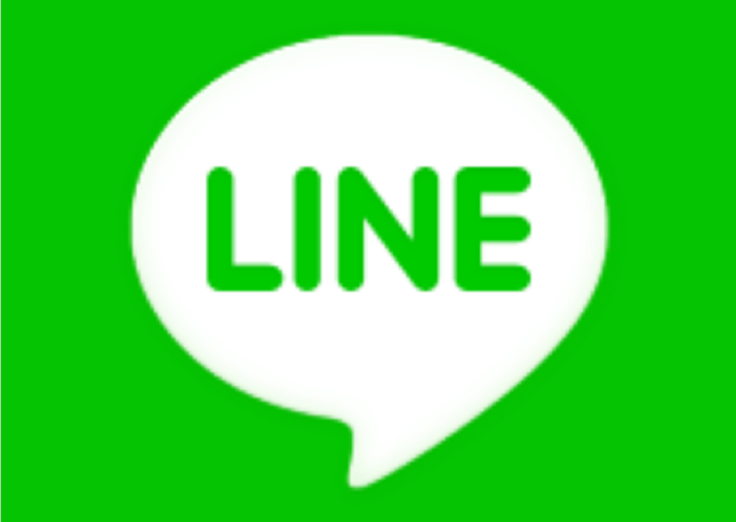
LINE
Japanese messaging service LINE is known for its unique “stickers” -- cartoon images that can be sent by message -- along with free voice calling, games, group chats and timelines.
Like the others, it’s a free service, but it still took in $338 million in revenue in 2013, a 20 percent increase since the previous quarter and 450 percent from the same quarter a year earlier, according to TheNextWeb.
Besides the stickers, which appeal to a younger audience, this app also boasts a series of games, which have accounted for more than 200 downloads. According to Tech Crunch, LINE reported its game-related payments may up more than 60 percent of its revenue, which reached nearly $100 million in a quarter.
Though it’s based in Japan, the app has also become popular in countries around Southeast Asia and has more than 350 million users globally.
© Copyright IBTimes 2024. All rights reserved.












